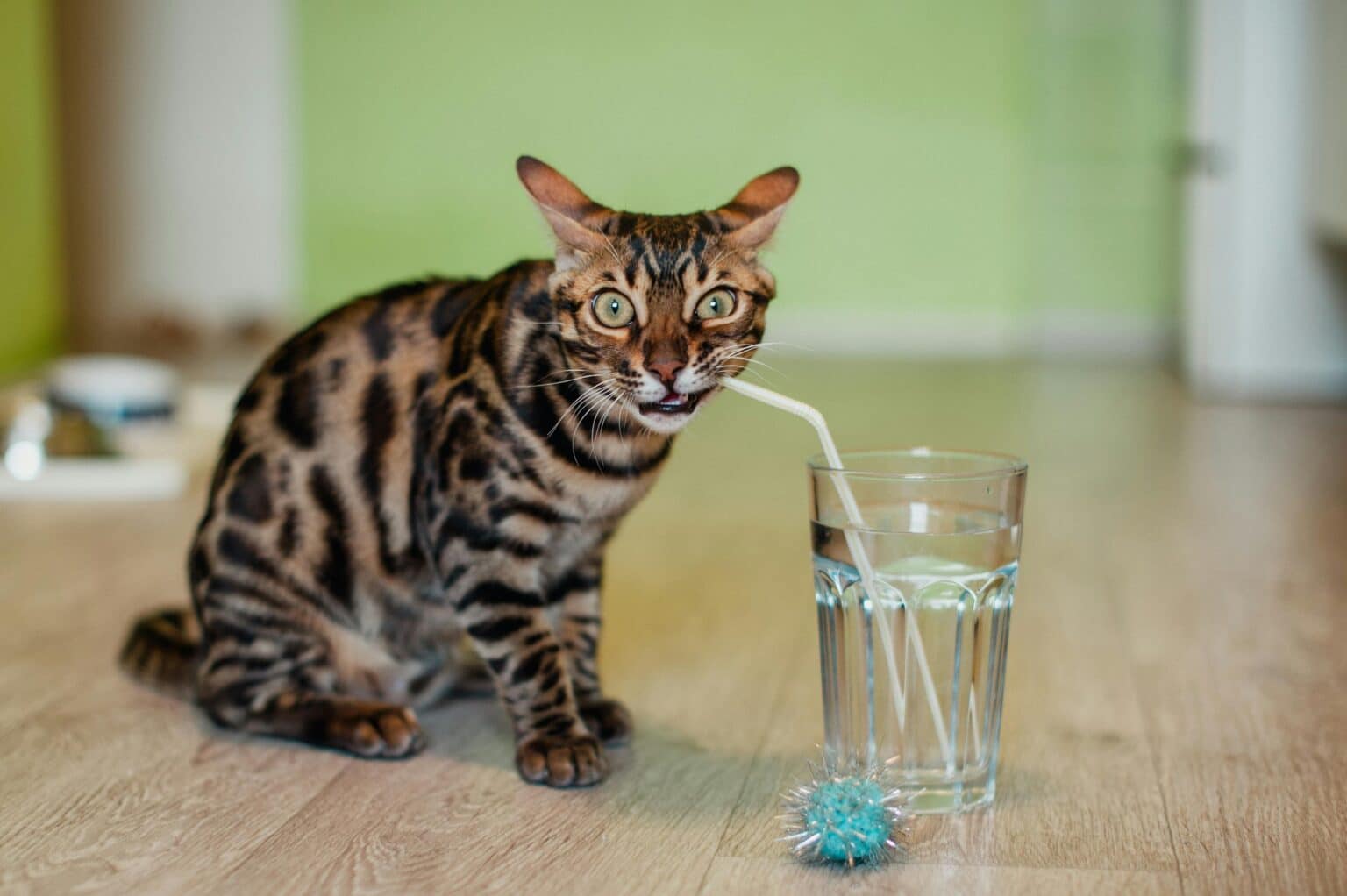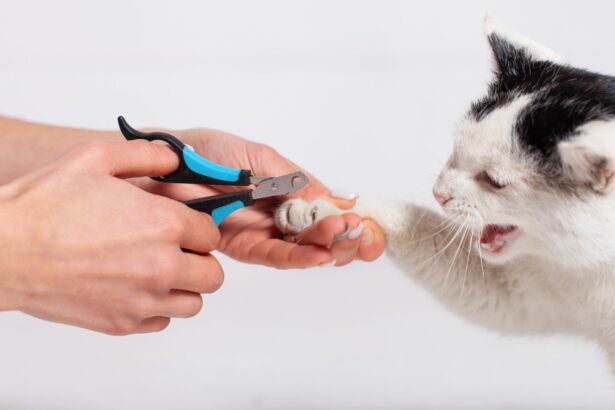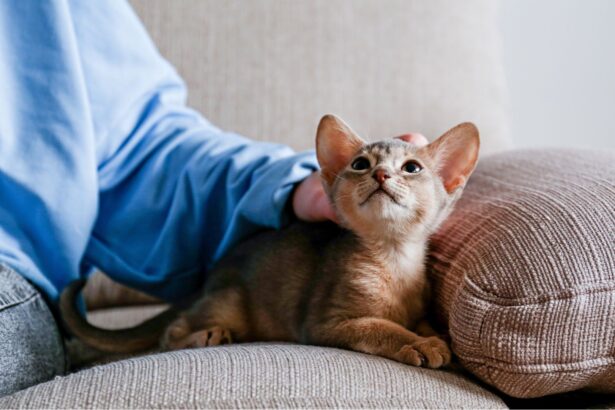Ever watched your cat recoil at a single droplet and thought, why all the drama? Here’s the gentle, down-to-earth answer to why cats don’t like water—with a few loving tips to keep whiskers unruffled.
Ancient roots: a dry-land past that still shows
Desert ancestry shaped modern house cats
Domestic cats descend from felines that thrived in arid regions where puddles were rare and bodies of water, unnecessary. Staying dry protected their coat and energy reserves. That instinct to avoid sogginess? It’s thousands of years old.
Picture your cat as a desert queen: the coat stays silky, the paws stay poised, and water is… strictly optional.
Wild cousins set the tone
Most big cats prefer to keep dry for comfort and efficiency—though there’s a twist: tigers famously love swimming. Your cat likely took cues from the majority of feline cousins who conserve warmth and avoid messy fur.
Surprising fact: despite their aversion to baths, many cats are mesmerized by trickling water and will sit for minutes watching a tap.
Water-loving exceptions do exist
Some breeds break the “no splash” rule:
- Maine Coon: Often curious about water bowls and shallow play.
- Bengal: Bold, playful, and intrigued by moving water.
- Turkish Van: Nicknamed the “swimming cat” for its water-friendly attitude.
Curious about other quirky feline fears, like the famous cucumber videos? See what’s behind them in why cats are afraid of cucumbers.
Body talk: why wet fur feels so wrong
Coat mechanics and comfort
Cat fur isn’t made to handle full drenching. Water flattens the coat, traps damp close to the skin, and can feel heavy, chilly, and itchy. That’s a lot of sensory overload for a meticulous groomer.
Imagine wearing a wet wool sweater—every hair out of place. That’s your cat’s nightmare.
Heat loss and a quick chill
Wet fur conducts heat away from the body. Because cats are experts at conserving energy, they instinctively avoid anything that drains warmth, including soaking baths or rain.
Even a brief splash can leave a small cat shivering—and unhappy.
Ears, whiskers, and super sensors
Cats hear and feel more than we do. The roar of running water, slippery surfaces, and water clinging to whiskers can feel chaotic. For a creature that loves control, chaos is a hard no.
Pro tip you’ll love: warm a towel in the dryer and place it on a comfy “landing spot” before bathing or paw-dipping. That cozy wrap after contact with water makes a huge difference.
Mind matters: how experiences shape water fears
Bad first impressions last
A forced bath, cold water, or loud handling can create a strong negative association. Cats remember what feels unsafe and avoid it later.
Go gently, keep sessions short, and always end with something pleasant.
Signs of stress to watch
Restlessness, tense posture, plaintive meowing, and clawing to escape mean “too much, too fast.” Respect those signals and slow down.
Want step-by-step guidance? Here’s how to wash your cat safely without tears (yours or theirs!).
Desensitization done right
Make water boring and safe in tiny steps:
- Let her explore an empty tub first. Treats and praise only.
- Add a damp cloth session on paws, then stop. Celebrate.
- Progress to a shallow tray of lukewarm water and floating toys.
Common mistake to avoid: pouring water over the head. It startles, soaks the ears, and triggers panic. Use a soft sponge on the body instead—and keep the head dry.
Daily life: clean, calm, and (mostly) dry
Great bath-free options
No tub? No problem. Try:
- Cat-safe cleansing wipes for spot cleaning.
- Dry shampoos designed for felines only.
- Regular brushing to reduce the need for baths.
Never use human shampoo—it disrupts skin pH and can cause itching or dermatitis.
Set the scene for success
Choose a quiet time, close the door, and prep everything within reach. Use lukewarm water, a non-slip mat, and a big, warm towel. Speak softly and keep handling gentle.
Curious why some odd household scents fascinate cats? Discover why bleach attracts cats and how to keep things safe.
Make water play… play
Encourage curiosity without pressure:
- Offer a pet water fountain—many cats prefer moving water.
- Float a toy in a shallow tray for paw taps.
- Start young if you can, but adults can learn too.
For those moments a rinse truly is needed, keep it brief and positive with this gentle, practical guide to washing your cat safely.
Conclusion
Now you know why cats don’t like water: ancient instincts, sensitive bodies, and a strong preference for control. With kindness, smart prep, and a little creativity, you can keep her clean and content—no drama required.
FAQ: why cats don’t like water
Do cats ever need a full bath?
Healthy indoor cats rarely do. Brushing, wipes, and spot cleans usually suffice unless there’s a mess or a medical need.
What water temperature do cats tolerate best?
Lukewarm—close to body temperature. Cold shocks and hot water both increase stress.
How can I make the first bath easier?
Short sessions, a non-slip mat, warm towels, gentle sponging, and lots of treats. Keep the head dry and stop before stress escalates.
Which cat breeds are more comfortable around water?
Maine Coon, Bengal, and Turkish Van are known to be more water-curious than most breeds.








